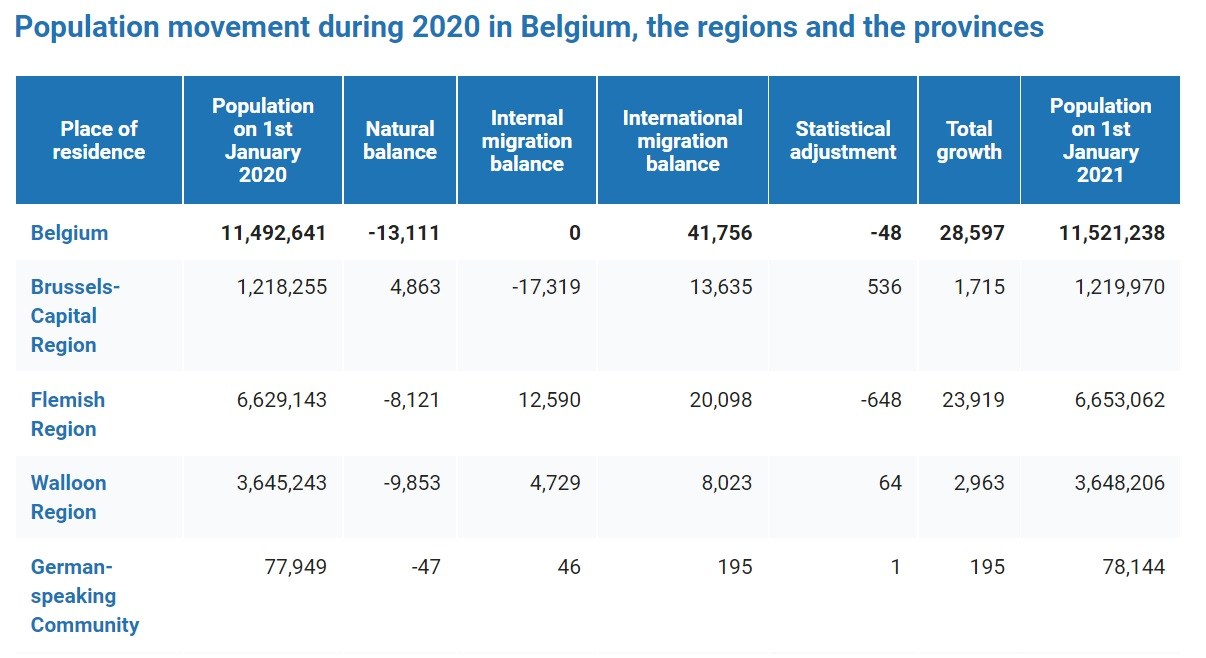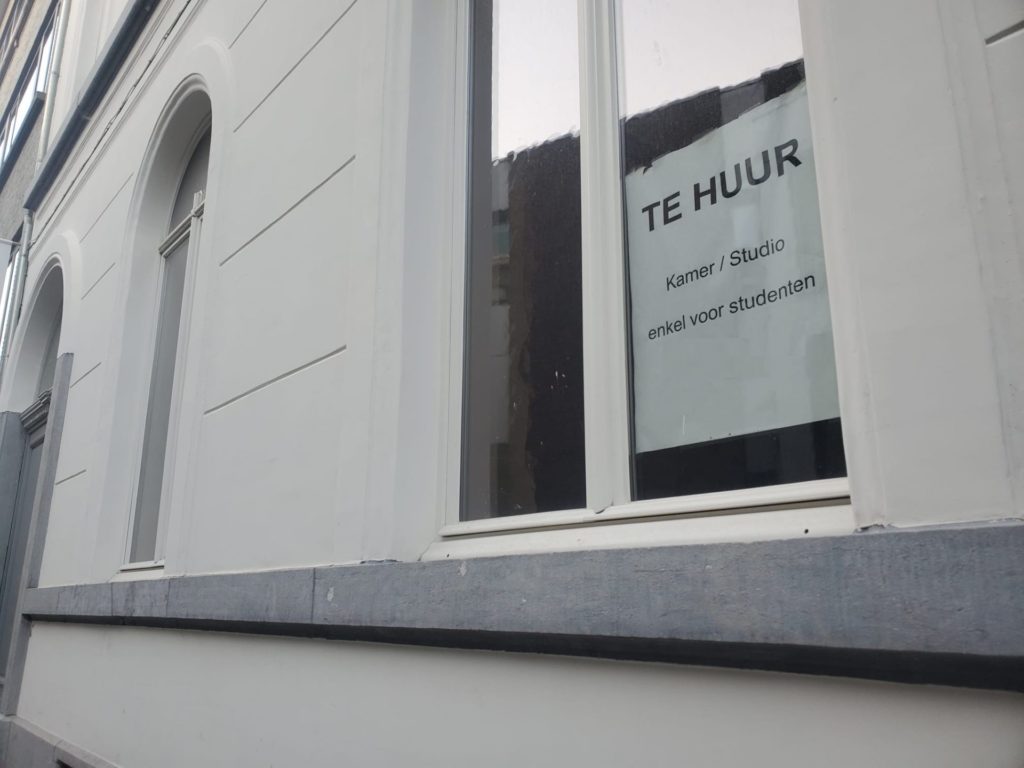More people left Brussels for Flanders or Wallonia than the other way around in 2020, continuing a pattern of urban flight from the Belgian capital.
The analysis comes from the Belgian statistical agency Statbel, which released its latest population figures for the country and its different regions on Wednesday.
“When mapping the number of relocation movements between the regions, it has been observed for years that more people move from the Brussels-Capital Region to one of the other two regions than there are Flemings and Walloons who decide to live in the Brussels-Capital Region,” Statbel said in one of its reports.
While Brussels was the only region where the natural balance between the death rate and birth rate was positive (more births than deaths), its overall population growth was slower than it has been in recent years due to the coronavirus inhibiting international travel, which has a significant impact on the Brussels population.
Still, the international population did grow in the region and in the country overall.

Table from Statbel.
“In 2020, the international migration balance for Belgium was 41,756, so more people immigrated to Belgium than emigrated,” the Belgian statistical office reported.
This influx of non-Belgians into the country balanced out the decrease in the birth rate, and even caused an overall slight increase in the country’s population by approximately 28,597 people.
The top 5 nationalities that immigrated to Belgium in 2020 were the same as those for 2019: Belgians (returning after a stay abroad), Romanians, French, Dutch and Italians.
The Covid-19 pandemic had a major impact on several demographic factors in Belgium, according to Statbel.
“The natural balance - the difference between births and deaths - is negative in Belgium for the first time since the 1940s,” the agency said.

